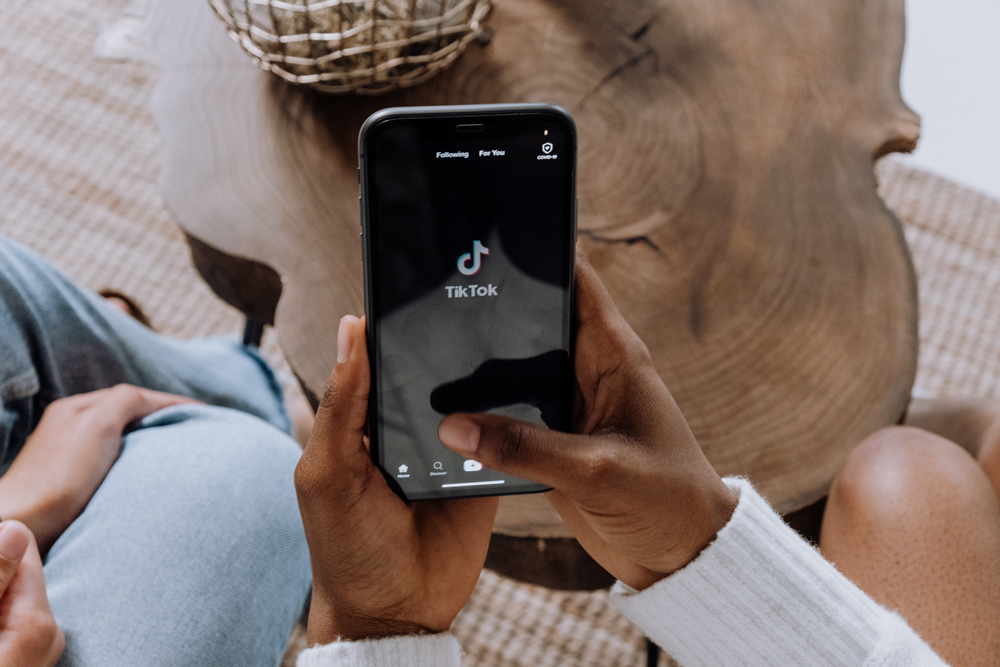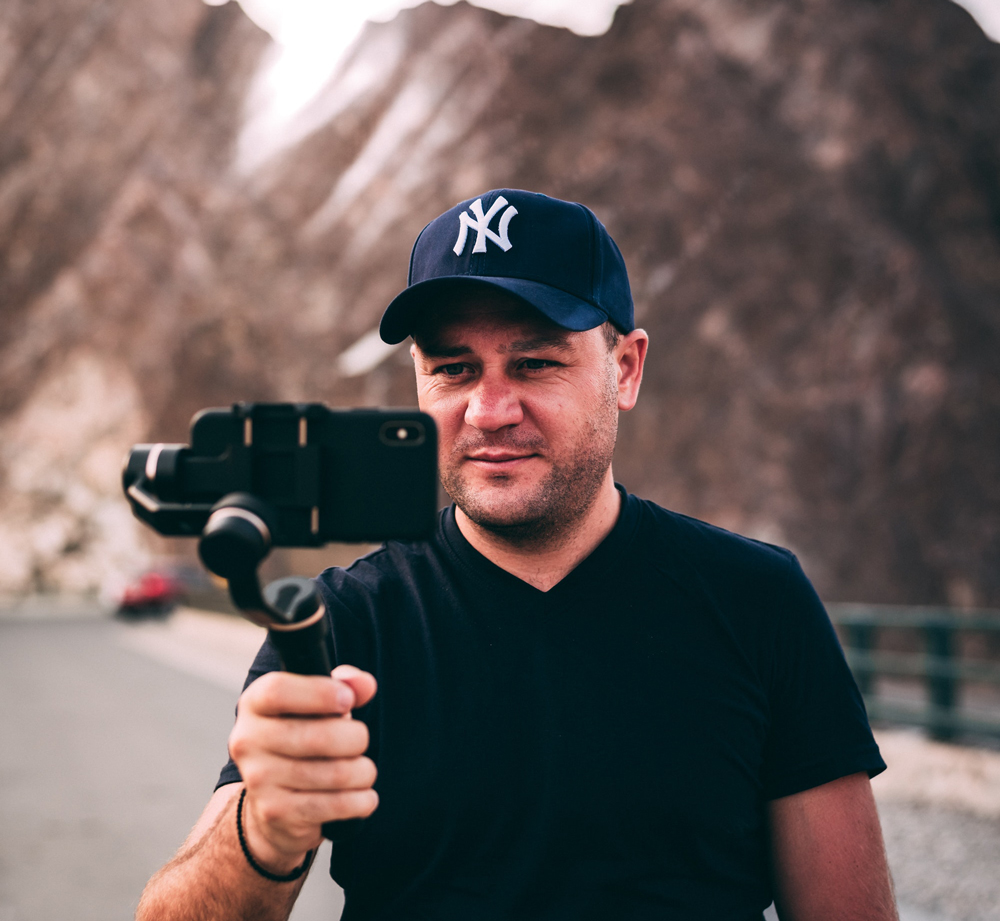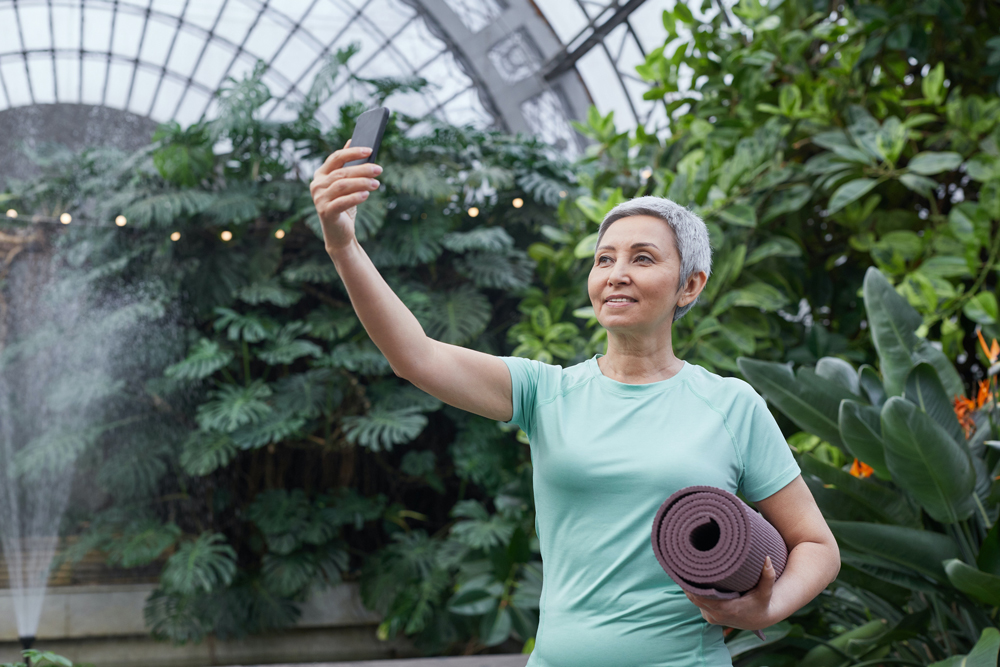TikTok is More Than a Gen Z Platform

Over the past several years, TikTok has soared in popularity, generating over 1.6 billion downloads to date and even surpassed Google in 2022 as the world’s most popular web domain. Despite its colossus popularity, TikTok is still often considered to be a Gen Z platform. While TikTok is a Gen Z-dominated platform, it’s far from a Gen Z-only platform. There are endless opportunities for brands to reach an older audience and successfully collaborate with older creators.
Here are a few reasons why TikTok is no longer a Gen Z-only platform:

Demographics don’t lie
When in doubt, look at the data. Over the past several years, we’ve seen a growth in the percentage of older TikTok users. Encompassing 38.5% of users, the largest TikTok age group is 18-24. Following closely behind at 32.5% is the 25-34 age group—which is mostly made up of the Millennial generation who are currently between the ages of 27 and 42. As we get to older age groups, the numbers take a bigger dive—but that’s not to say they aren’t significant. The 35-44 age group makes up 15.6% of users, the 45-54 group makes up 8% and 55+ makes up 5.5%. Over 29% of all TikTok users over the age of 18 are Millennials, Gen X or Boomers. Because we’re breaking down a platform with more than 1.6 billion users, we must remember the significance of these percentages in terms of actual user count—the 35-44 age group alone makes up more than 170 million users. That’s a whole lot of opportunity to reach older generations.
Brands want older creators
There has not only been an uptick in older TikTok users. There has also been a rise of older content creators—and people from all generations are loving it. Grandma Droniak, a 93-year-old grandma making lifestyle and comedy videos, has over 11 million followers, Ms. Krupa, a 91-year-old has over two million followers and makes comedy videos with the help of her grandson and Gym Tan, a 62-year-old and former president of DKNY Jeans International has 246,000 followers and makes fashion, travel and lifestyle content. Now that brands have seen how older creators can be trendy, relatable and personable while reaching a wide variety of audiences, they’re wanting to become a part of that. For example, back in April Mountain Dew threw a party in Florida to promote its new alcoholic beverage, Hard Mountain Dew, but instead of tapping Gen Z and millennial influencers, the brand threw a party for retirees. Clean beauty brand Ilia and Alaska Airlines, have also generated press around work with older influencers.

“Granfluencer” content is shown to be uniquely compelling
Elder influencers, sometimes known as “granfluencers” offer a breath of fresh air and a break from the curation cycle. Instead of overthinking content, they prioritize creating what feels most authentic to them. While many granfluencers lean into popular fashion, lifestyle and food content, that doesn’t stop them from stepping outside their niche and embracing content that features their garden, grandkids or spunky sense of humor. Their age and subsequent life experience also makes them feel like a trustworthy source when reviewing products or brands. They’re not trying to be someone they’re not—they embrace their age and offer new perspectives to young people about growing older.